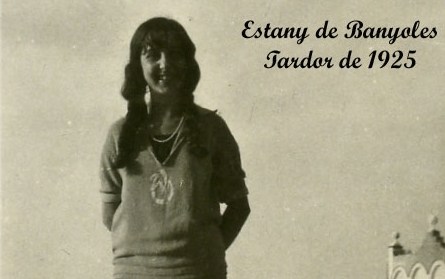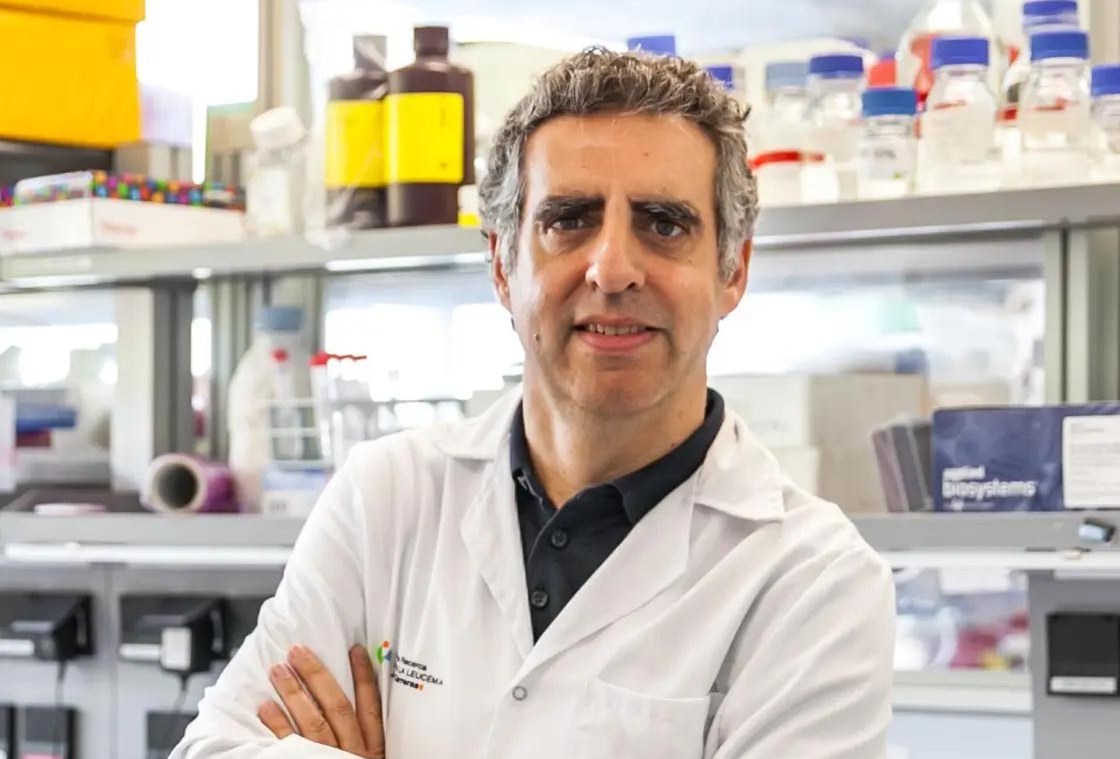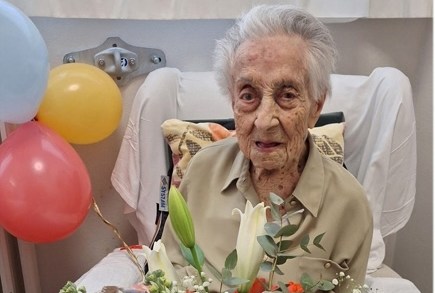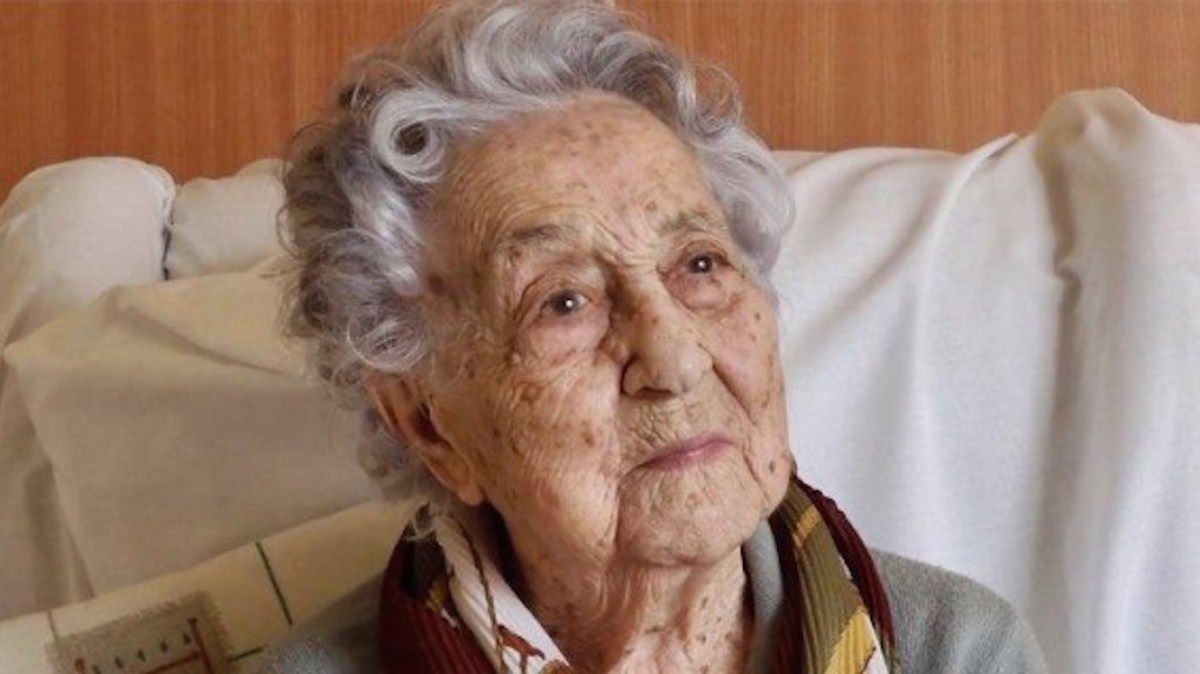The most extensive research into the make-up of a supercentenarian has shown that people can reach extremely advanced years without health issues if they boast a set of biological factors.
Doctors in Spain investigated the biological profile of Maria Branyas Morera, the oldest person in the world when she died at the age of 117 and a half last year.
Born in San Francisco in 1907, Branyas moved to Spain aged eight and survived two world wars, the Spanish civil war and both the Spanish flu and Covid-19 pandemics. She contracted Covid at the age of 113 and made a full recovery. Before she died, she asked doctors: “Please study me so I can help others.”

Maria Branyas Morera pictured 100 years ago
JAM PRESS
Dr Manel Esteller, the study’s principal investigator, said: “The common rule is that as we age we become sicker but she was an exception and we wanted to understand why. For the first time, we’ve been able to separate being old from being sick.”
A group of international scientists led by researchers at the cancer epigenetics group of Josep Carreras Leukaemia Research Institute and the University of Barcelona investigated the full range of Branyas’s genetics and cell structure and compared the results with those from other very old people.
The team collected blood, saliva, urine and stool samples a year before Branyas’s death to build a picture of her biological profile and then investigated her genetics to observe which parts were turned on and off.
“We can develop drugs to reproduce the effects of good genes,” Esteller said. “Maria’s parents gave her very good genes but we cannot choose our parents.”

Branyas’s longevity cannot be put down merely to her genetics. She was not overweight and did not smoke or drink. She also had a good social life with friends and family nearby.
The researchers are keen to study whether her thrice-daily yoghurt habit might also have played a critical role. She preferred a local Catalan brand called La Fageda, a probiotic containing high amounts of healthy bacteria, such as Lactobacillus delbrueckii bulgaricus and Streptococcus thermophilus, which combat inflammation.
• The best yoghurt for your gut health — is it Greek, skyr or kefir?
Every morning she drank a smoothie containing eight different cereals. Eloy Santos, a PhD student at the Josep Carreras Leukaemia Research Institute told The Daily Telegraph that the high amounts of fibre in her diet were “food for the beneficial populations in the gut, making them thrive”.
• Gen Z opt for prunes and chickpeas in ‘fibremaxxing’ trend
Several markers showed her advanced age and closeness to death, particularly her telomeres, structures at the end of a chromosome, which were too short for DNA stability. This is usually considered to be a precursor of age-related disease. Despite this, the team noticed that she had a particular set of molecular factors which protected her from the other signs of ageing she developed.
“Our study was one of the first to look at the possible reasons for a disconnect between these processes. Telomere length was a good example of this dissociation,” Esteller said.

Branyas’s genetics and lifestyle contributed to her advanced years
JAM PRESS
Branyas was lacking in many molecular markers of age-associated disease. She had advantageous genetic variants as well as efficient cholesterol and lipid metabolism, linked to longer life and to good cognitive health. “These are all critical because they’re linked to diseases that are typical in older people and they kill you at the end,” Esteller told The Guardian.
Low levels of inflammation helped her to avoid diabetes and cancer, and her microbiome contained high levels of “good” bacteria. An epigenomic investigation showed that her biological age was at least ten to 15 years below her chronological age.
• Is your skin microbiome the key to younger-looking skin?
The researchers hope that their data will guide strategies for future research into therapies that can strengthen the protective traits they uncovered.
Professor João Pedro de Magalhães, at the University of Birmingham, said: “These outliers in longevity could provide insights into how to age more gracefully. If we could figure out which specific genes are associated with extreme human longevity and healthy old age it could provide clues about mechanisms for ageing as well as drug-able targets to develop interventions that allow everyone to live longer, healthier lives.”

